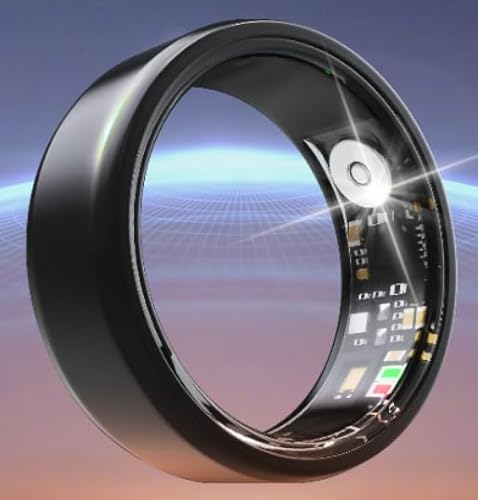A subject of interest to many of us. (Uh, I forget why -- anyhow.... )
)
A new study indicates the heart-lung machine may not be culprit for our absent-mindedness.... Now, what do I use for an excuse?
http://www.scientificamerican.com/article.cfm?id=disease-may-cause-pumphead
A new study indicates the heart-lung machine may not be culprit for our absent-mindedness.... Now, what do I use for an excuse?
http://www.scientificamerican.com/article.cfm?id=disease-may-cause-pumphead






















